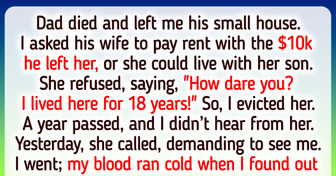I was obsessively attached to a blanket when I was a kid. I even brought it... to school until the 2nd grade. Yeap. I remember that. And yes, my mother was absent a lot ;)
A Psychologist Created a Phrasebook to Help Parents Understand Their Kids Better
It’s rare for a child to clearly reveal their worries. That’s why kids use their bodies and emotional language to convey things that bother them. Sometimes it might seem to parents that their child is behaving inappropriately when, in fact, the kid is actually revealing problems they have. The psychologist Evgeniya Zaburdaeva has created a phrasebook for kids and adults to refer to so that parents can better understand the reasons for their kids’ behavior.
Bright Side is publishing this phrasebook and we hope that it will help parents find a common language to speak with their children more easily.
If the kid is aggressive
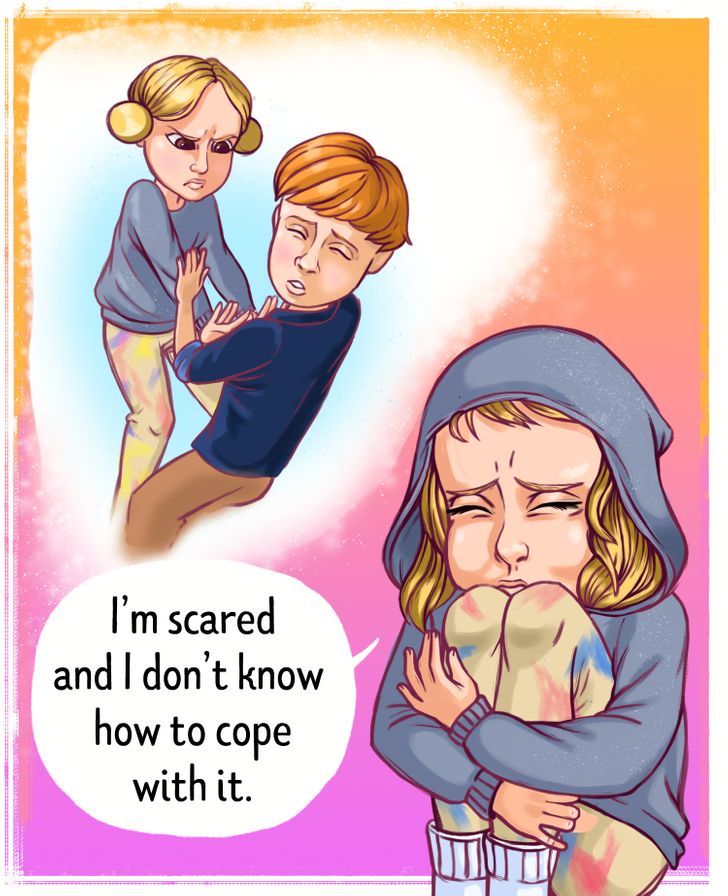
Very aggressive: “I’m very scared and I need rules and support.”
Apathetic: “I’m afraid to make a mistake. I’m afraid that adults will judge my spontaneity and everything that I do.”
Helpless: “I feel comfortable when adults do everything for me. That’s how I care about my mom and help her feel needed.”
Beats parents: “I don’t know another way to express my anger at my parents. That’s how I inform my mom I need some restrictions from her.”
Has nightmares: “The images in my dreams are actually about the things I’m afraid of in real life.”
If kids steal
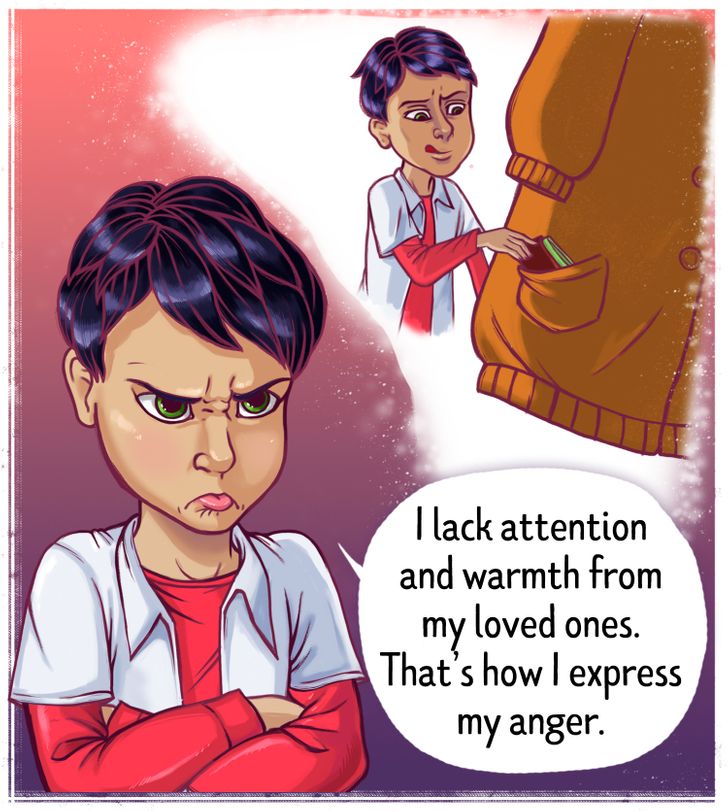
Pulls out their hair: “I’m very scared and feel extremely stressed out. ”
Talks very quietly: “I’m afraid to express myself, to speak about my wishes, and to protect myself. I’m afraid I won’t be accepted the way I am.”
Doesn’t speak well: “I feel comfortable when adults say and do things for me. Also, that’s how I help my mother to always feel needed and not get depressed.”
Bites their nails: “I’m scared, I’m worried, and I’m stressed, oftentimes due to the partition with my mom.”
Can’t make friends: “I don’t know how to protect myself when communicating with other kids and how to find a common language with them.”
If they say bad words
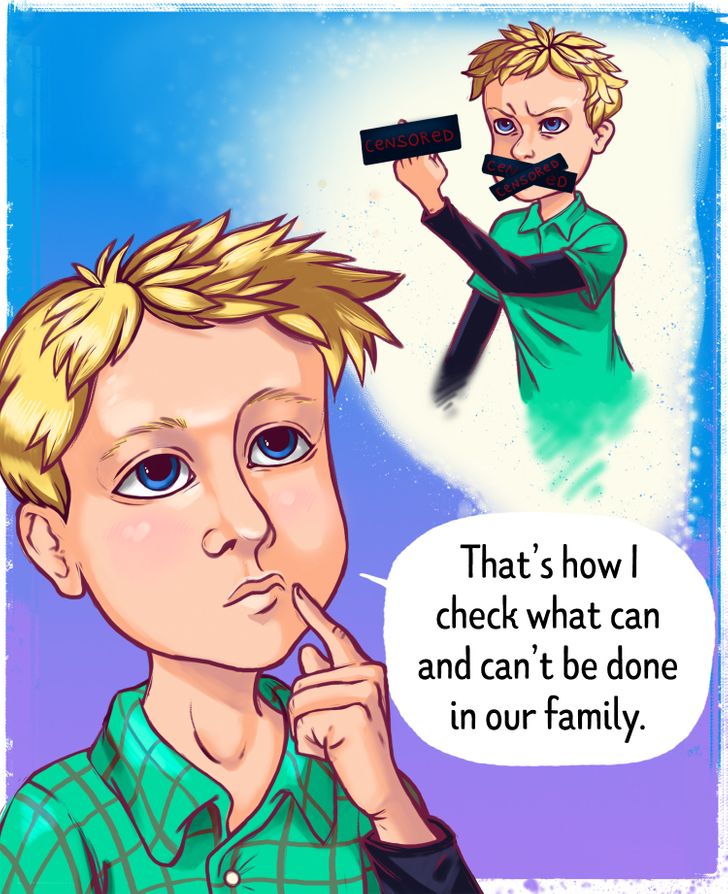
Is greedy: " I think my stuff belongs to me by right. I lack emotional warmth and support."
Envies others: “I’m afraid to seem worse than others and be rejected.”
Asks many questions:
- “I am exploring the world.”
- “I lack your attention.”
- “I need important information about myself and my family that’s being concealed from me.”
Stutters:
- “Once, the relationship that was very important for me was stopped and it scared me a lot.”
- “I feel guilty of something.”
- “I’m suppressed by adults and feel scared to express my opinions.”
Behaves naughtily: “I cannot express my desires directly — whims help me achieve my goals.”
If they won’t eat their food
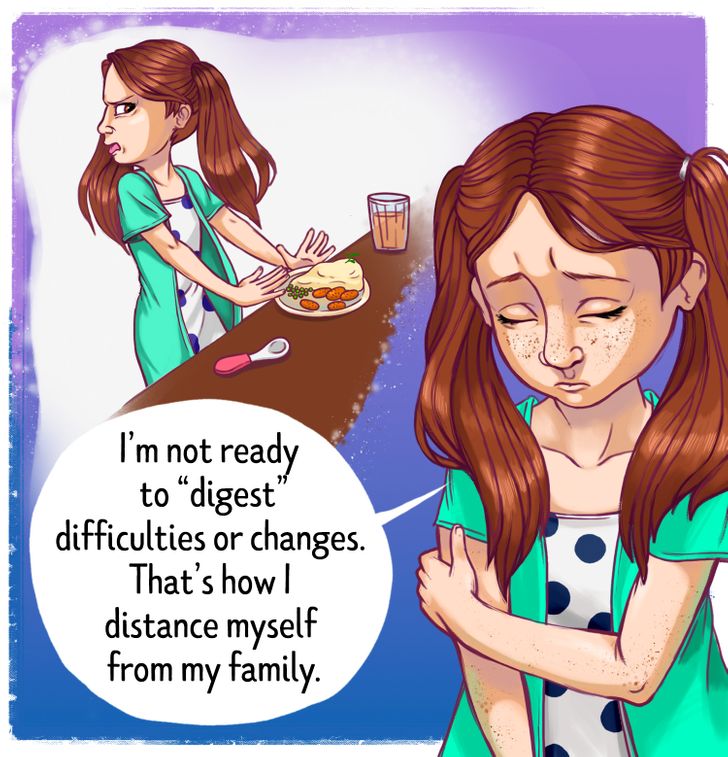
Eats a lot: “Food allows me to deal with anxiety. It helps me restore the lack of emotional closeness that I need badly.”
Feels lazy:
- “I’m not interested in doing what I’m being offered.”
- “I’m scared that I won’t be able to do something and no one will support me.”
- “I feel comfortable when others do things for me.”
Doesn’t want to go to school:
- “I’m not getting enough support to deal with the failures in my studies.”
- “My parents have expectations about my grades that are too high.”
- “I have difficulties communicating with others and I don’t know how to cope with this.”
Doesn’t want to attend kindergarten:
- “I’m extremely scared to leave my mother alone. I am afraid she won’t be able to do everything by herself.”
- “I’m scared to stay without my mom.”
Doesn’t listen to anyone:
- “I lack consistent and clear rules in the house.”
- “I lack attention and I don’t know another way to draw attention to myself.”
If they only play a little
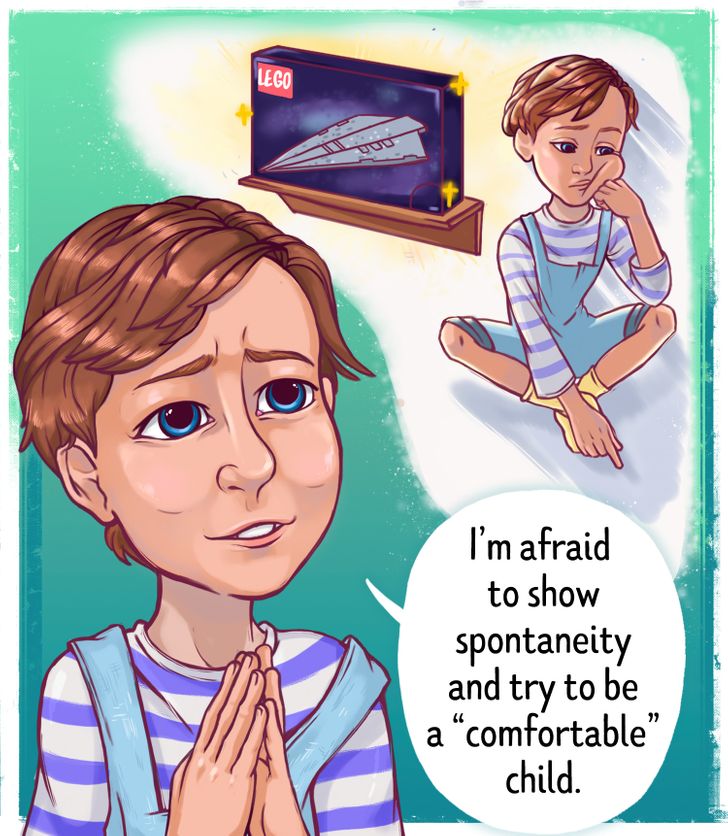
Plays only with gadgets: “I can’t play with kids, I feel scared. It’s only when playing computer games that I feel I’m capable of something — it’s only here that I feel successful.”
Gets annoyed: “I’m not allowed to be angry, and with the help of irritation, I show my anger to others.”
Keeps order obsessively: “If I don’t follow a rigid order and sequence of actions, something terrible will happen. That’s how I protect everyone.”
Grinds their teeth while sleeping: “I’m angry and I can’t express this anger with words.”
Doesn’t sleep well:
- “I’m scared that I won’t be able to cope with the darkness and obscurity.”
- “I’m scared that my mom will not come.”
- “I believe that the right to sleep with my mother belongs to me only.”
If they feel connected to a toy
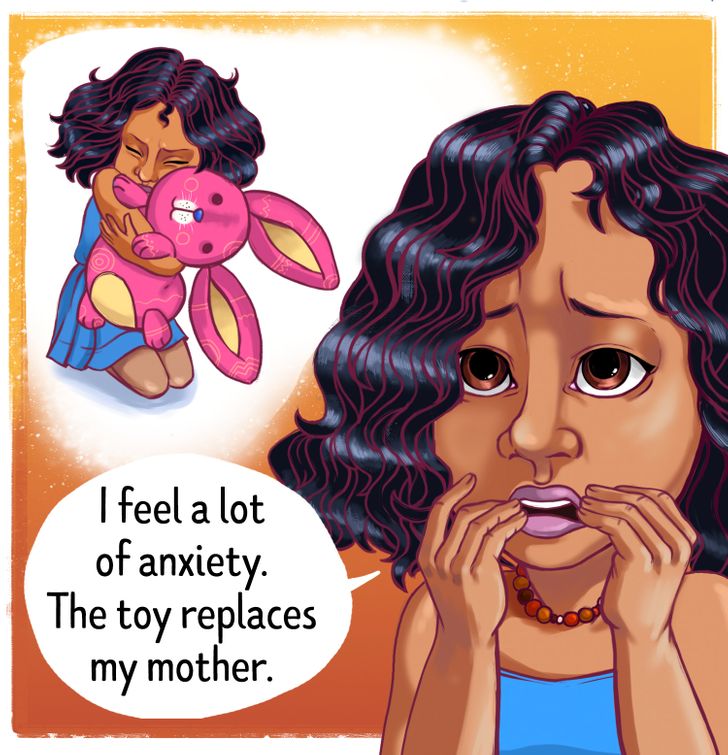
Harms themselves:
- “I feel unbearable pain in my soul, and it’s easier for me to get through it physically.”
- “I feel very guilty and try to punish myself.”
Fantasizes a lot: “My imaginary world helps me deal with my fears.”
Have you ever found it difficult to understand your kids’ behavior? Please tell us in the comments how you managed to cope with this — perhaps your experience can help other parents.
Comments
For some weird reason my mom seemed to always get me.... When I was angry, sad or anything... I never acted out she was always there before it happened :)
I wonder if all kids that misbehave have a problem like this
I always had connections to toys, but wouldn't say that I had these problems
Related Reads
My “Dream Man” Approached Me With a Horrible Ultimatum About My 3-Year-Old Daughter, I’m Fuming
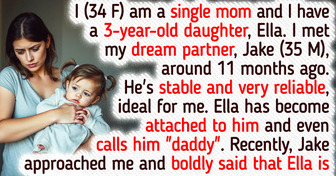
15 Dining Experiences That Resemble Scenes From a Hollywood Blockbuster

15 True Stories That Made Us Say, “The World Has Real Angels in It”
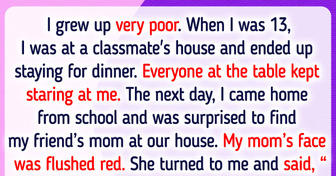
When My Husband’s Cruelty Peaked, Help Arrived Unexpectedly
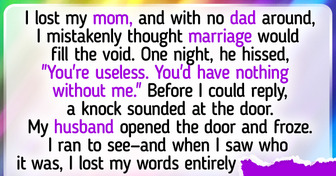
"Transformed Into Someone Else," Fans Can’t Recognize Nicole Kidman in Her Newest Appearance

15 Parents Shared What Made Them Realize Their Kids Were Actually Small Adults
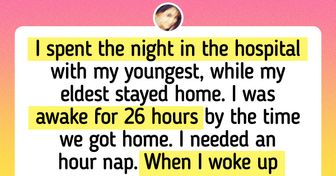
11 Stories of People Who Experienced a Glitch in the Matrix
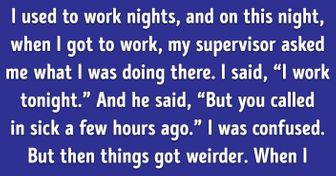
12 People Share Tragic Memories That Keep Haunting Them
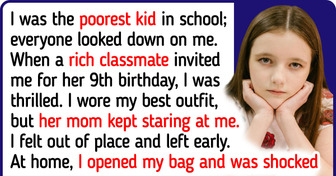
18 Stories About Friends Who Turned Out to Be Hidden Villains
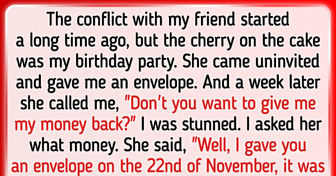
14 True Stories That Remind Us Life Is Full of Suprises and Magical Twists
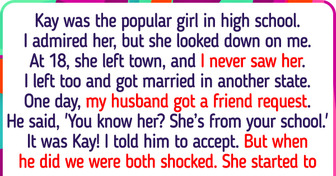
14 Puzzles That Can Challenge Your Intelligence

I Put My Dad’s Widow Out of the House — It’s Not a Free Hotel
